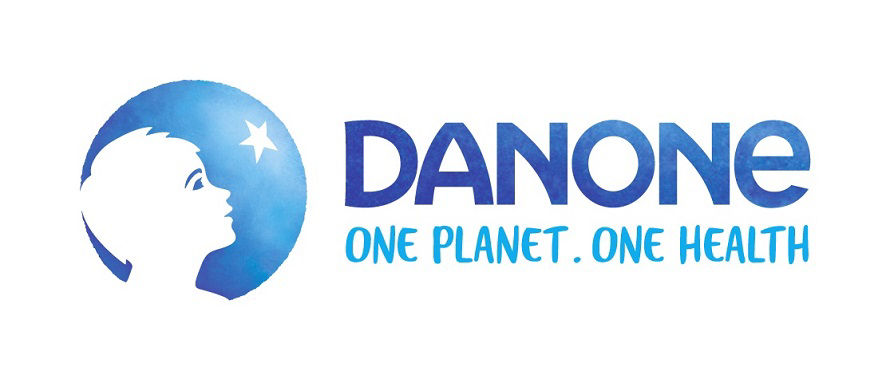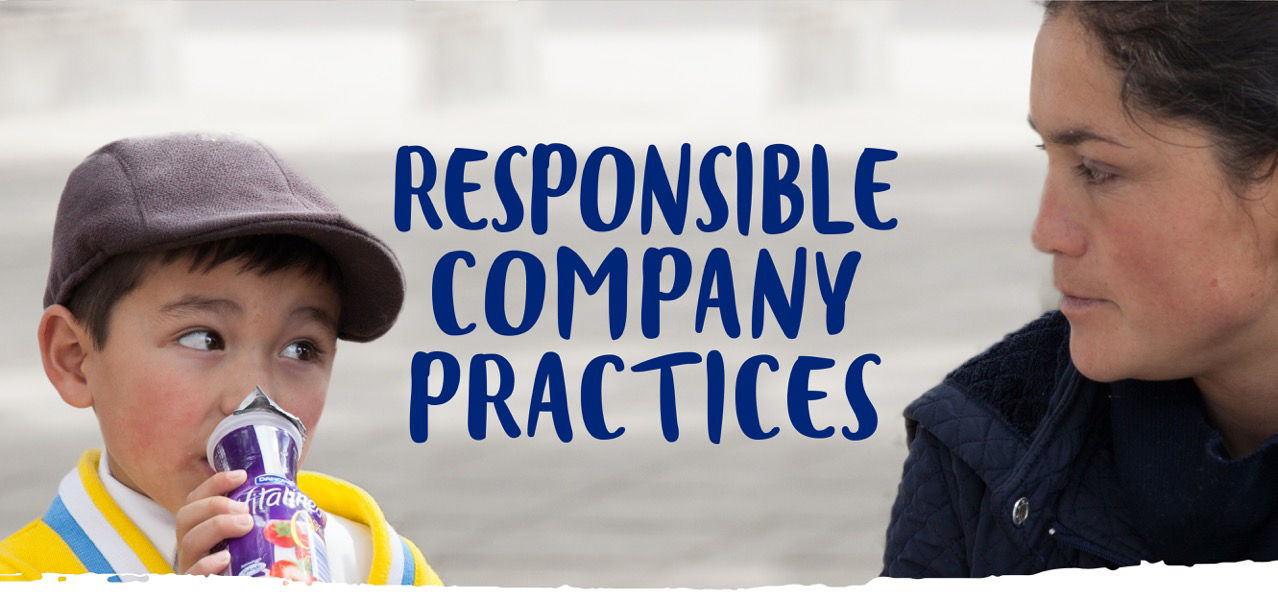
Safe products and responsible communication are vital in building and strengthening trust with our consumers and stakeholders.
Healthier products and promoting healthier behaviours - helping consumers understand the importance of healthy diets and lifestyles – are just part of how we bring health through food.
All our activity is underpinned by responsible communications and by making food quality and safety our top priority at all times. We also build trust with healthcare professionals by providing relevant information about the value of nutrition at all ages.
To learn about all of Danone’s responsible company practices, visit our global website.
RESPONSIBLE MARKETING PRACTICES
IN THE UK
Danone is committed to responsible advertising in compliance with the International Chamber of Commerce Code for Responsible Food and Beverage Marketing Communication and national and regional standards.
In the UK, the advertising industry is governed by strict codes of practice - the UK Code of Broadcast Advertising (BCAP Code) and the UK Code of Non-broadcast Advertising, Sales Promotion and Direct Marketing (CAP Code) - that are designed to protect consumers and create a level playing field for advertisers.
These codes cover all content and scheduling of television and radio advertisements, as well as advertisements across media including newspapers, magazines, billboards, posters, leaflets, mailings, e-mails, texts and UK-based company websites.
Through the codes, Danone commits to advertising responsibly, not to mislead, offend, encourage pester power or overconsumption.
Danone commits to ensure that its marketing communications are legal, decent, honest and truthful with claims having a sound scientific basis. More particularly:
•We deliver the nutritional facts that empower consumers and practitioners to make informed dietary choices
•We place a special emphasis on practical, user-friendly information to support consumers to build healthy diets for themselves and their families
•We ensure that our information on product benefits is reliable and speaks a language consumers understand
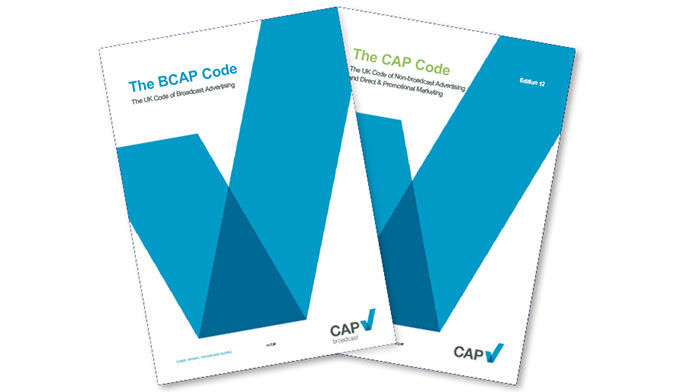
Working through our industry trade bodies, such as the World Federation of Advertisers and the International Chamber of Commerce (ICC), we support the development of general principles in this area, and their integration into advertising and marketing self-regulatory codes and systems around the world.
MARKETING TO CHILDREN
Danone strongly believes that it is crucial to encourage children to enjoy a healthy diet and an active lifestyle from an early age in order to sustain those habits into adulthood.
Danone applies the principles of the Global Danone Pledge on marketing to children*. This means only products that meet the Danone Pledge will be marketed to children under 13 years of age.
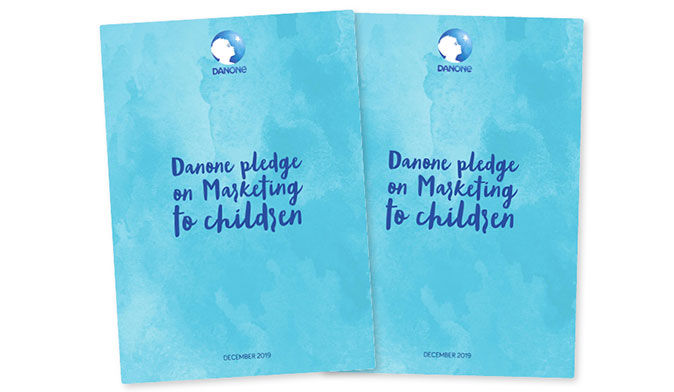
Danone’s principles set out in the pledge include:
- no misleading messages,
- not undermining parental influence, but supporting the role of parents or carers for guiding children’s diet and lifestyle choices,
- no suggestion of a sense of urgency, time pressure or pressure around a promotional price decrease - no exploitation of a child’s imagination or inexperience, in a way that could mislead him/ her about the benefits of the product involved,
- no encouragement of unhealthy dietary habits,
- no blurring of the boundary between marketing and branding,
- striving that marketing materials primarily appealing to children under 13 years promote healthy, balanced diets and lifestyles as well as positive values.
* It refers to paid and unpaid communications developed by Danone with the intention of promoting its products to children under the age of 13 using all print media (newspapers, magazine books and printed advertising in public places), all broadcast media (traditional TV, radio), all non-broadcast electronic and/ or digital media (its own and third-party websites, social media, mobile and SMS marketing, native online marketing, games and apps, CDs/ DVDs), all of in-store or point-of-sales marketing, including packaging. Sponsorship (e.g. sporting, entertainment or cultural events or activities). All additional forms of marketing (cinema, outdoor, product placement in movies, TV shows, etc.). Danone marketing communications are considered to be addressed to children under the age of 13 when these represent at least 30% of the audience.
MARKETING BREAST MILK SUBSTITUTES

Our commitment
At Danone we believe that breastmilk is the best source of nutrition for babies. We provide breast milk substitutes (BMS) for instances where mothers cannot or choose not to breast feed.
For these products, Danone complies fully with the International Code for the Marketing of Breast Milk Substitutes, published by the World Health Organisation. The guiding principles of this BMS policy are as follows:
We published a dedicated position paper with regards to health and nutrition in the first 1000 days: it is based on two convictions: 1/ Breastfeeding needs to be protected and promoted; and 2/ Best nutrition for mothers, infants and young children needs to be assured.
Danone supports the aims and principles of the WHO International Code of Marketing of Breast-Milk Substitutes and subsequent relevant WHA resolutions. We have a strict global policy: we do not advertise or promote infant formula for children aged 0-6 months, anywhere in the world, even if permitted by local laws. In addition, compliant with the FTSE criteria for countries classified as higher-risk, we have voluntarily extended our policy to 12 months of age, which may go beyond local legislation. In these higher-risk countries, Danone also prohibits the promotion of complementary foods and drinks for use by infants up to 6 months. We follow local legislation whenever stricter than our policy.
In 2016, we entered the FTSE4Good Index. In addition to meeting the inclusion criteria on Environmental, Social and Governance practices, FTSE4Good companies that market breast-milk substitutes have to meet specific marketing indicators.
In June 2020, together with UNICEF and several civil society organizations, the WHO published a Call to Action for companies that manufacture breast milk substitutes (formula) to publicly commit and take steps towards full compliance with the International Code of Marketing of Breast Milk Substitutes (WHO Code) by 2030.
At Danone we have long supported the aims and principles of the WHO Code, that has guided the development of our formula marketing policies and practices in recent years. We believe that breast milk is the best source of nutrition for babies and we share the objective of the WHO, UNICEF and civil society organizations to increase breastfeeding, reduce malnutrition amongst babies and young children and improve the nutritional status of pregnant and breastfeeding mothers. Above all, we are convinced of the need for collective action and shared solutions. We aim now to take our work in this area to the next level, working through new partnerships with UN bodies, civil society organizations, industry and pediatric medical associations.
We have provided our response to the BMS Call to Action as per the process and timeline indicated by the Meridian Institute that is facilitating the Call to Action. Details of our response are accessible here.
Every year Danone globally publishes a report about our approach to responsible marketing of Breast-Milk Substitutes. The report forms part of our ongoing commitment to report openly on our support of the principles of the WHO Code and compliance with our Breast-Milk Substitutes marketing policy. It is a valuable part of how we evaluate our progress and how we intend to maintain an open and honest dialogue. Parents and healthcare professionals put trust in us and we aim to repay that trust by acting with openness and transparency.
FOOD SAFETY
Food safety and quality are paramount at all stages, as we create, manufacture and deliver our products.
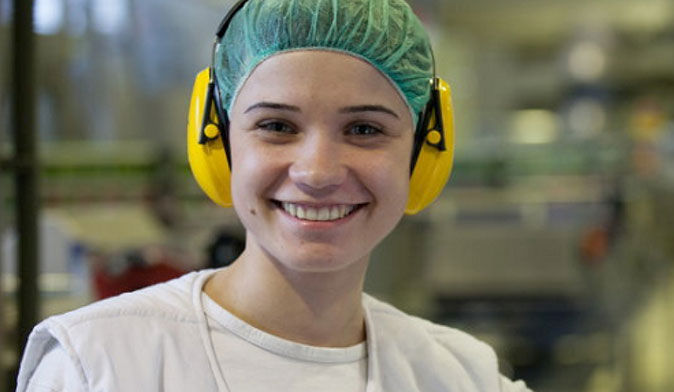
Food safety policy
Our Food Safety Policy helps us to ensure that products are compliant with local laws and regulations, as well as with stringent Danone Food Safety Compliance procedures at all times. Danone is also actively participating in the Global Food Safety Initiative (GFSI) to pioneer the latest research on food safety techniques and processes.
